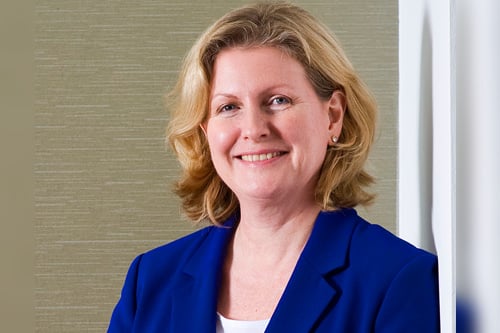

It is often said that hindsight is 20/20. Indeed, it is in looking back that we can reassess what could have been the best course of action, but this is after the fact. In insurance, it is underwriters who feel this most profoundly. Evaluating risk is the raison d’etre for underwriters as they labour to quantify risk against probability. The prevailing challenge for insurance is found in striking the right balance between making a risk predicable enough to reserve for, without making it so predictable that the risk is no longer worth pooling.
In the event of something like the rise of coronavirus, it is important that insurers evolve their policies in real-time. Turning uncertainty into risk can only be done through experience. Our experience of coronavirus is being documented and analysed faster and more thoroughly than any disease in history, but even still, the process of learning is still not fast enough – we still aren’t doing as much testing as we would like, we still don’t know why some groups are more likely to become seriously ill than others, and we still don’t have a vaccine or a cure, even though progress on developing treatments and vaccines is progressing at an unprecedented pace.
All this creates serious dilemmas for insurers. What happens in the period in which knowledge is scarce? Do insurers take unquantifiable risks and hope that their reserves hold? Do they withhold cover until risks can be quantified, and, if they do, how do they answer the charge of unfair discrimination in the meantime?
Looking to history for reference, we’ve been through this before, with how the world, and indeed the insurance profession, responded to the HIV and AIDS epidemic of the 1980s. When insurers began requesting blood tests during the underwriting process for health and life policies, there emerged two contending camps: those who argued that this was a discriminatory practice, and those who argued on behalf of a profession which insisted on its right to be free of government regulation. Of course, things have come a long way since the 1980s, and now, clients with HIV and AIDS are protected from discrimination under ‘protected characteristics’ laws. In hindsight I think it’s fair to say that the profession could have responded differently with the knowledge that we have now, but, we can use this knowledge in cases such as the rise of coronavirus, and anything which may follow.
Last month the High Court produced a mixed ruling on insurers’ interpretation of their respective policies, in relation to businesses forced to close due to the Government lockdown measures in response to the coronavirus pandemic. And we will have further rulings from the Supreme Court in November. It has often been said that these are completely unprecedented times. While it is true that this year has directly confronted the limits of standard private insurance protection in the modern age, it is also true that we have been here before. This is why it is so important that all the lessons from the past are fully taken on board and our many incredible risk professionals work together on innovative solutions. In insurance, nothing will ever be 100% future proof, and it is with a willingness to evolve that the profession can keep at pace with the needs of society.
Difficult times such as these actually provide an opportunity for the profession to remind both itself, and the public, of what purpose we serve. It is with the right levels of standards, professionalism, and trust that we can fulfil that purpose, and weather this storm as we have the ones before, and indeed the ones still to come.
